-
Description
Coenzyme Q10 (CoQ10) is a vital nutrient found in most cell membranes in the human body. It plays a key role in producing energy within our cells and acts as a protective antioxidant against harmful free radicals. CoQ10 helps generate energy by aiding in the production of ATP, which fuels our body’s various processes. As we age, our natural CoQ10 production decreases, making us more susceptible to certain health issues. Consequently, supplements containing CoQ10 can help restore optimal levels in the body and potentially provide various benefits. Among the diseases associated with low CoQ10 levels are heart failure, pancreatic insulin resistance, and neurodegenerative diseases like Parkinson’s and Alzheimer’s. However, it is always recommended to consult a healthcare professional before starting any new supplement to ensure safety and avoid unwanted effects. Overall, CoQ10 is crucial for our energy production and acts as a protective antioxidant. Supplementing with CoQ10 can help restore levels in the body and potentially provide benefits for various health concerns, particularly in older individuals with decreased natural production.
-
Ingredients
Co Enzyme Q -
Drug Class
Nutritional Supplement (also known as Ubiquinone)
-
Dosage Form
Capsule -
Uses
Unveiling its multifaceted uses and transformative applications as follows:
- May help maintain a healthy heart
- May help produce energy in your cells
- May strengthen the immune system
- May increase physical performance and endurance
- May assist in fertility
- Nurtures anti-aging properties
-
Dosage
Tailoring Treatment for Optimal Health, Prescribed Medication Dosage is:
- Heart Disease- 100 mg 3 times a day, ideally with fatty foods
- Mitochondrial Disease- 3-5 mg/kg body weight per day
- High Blood Pressure- 30-200 mg per day in divided doses
- Gum Disease- 100-400 mg per day in divided doses
- Fertility- 100 mg per day
-
In case of Overdose
Coenzyme Q10, also known as CoQ10, is a nutrient that is naturally present in many foods and is also available as a supplement. Since it is naturally present in our body’s cells, it is unlikely to cause any symptoms when an overdose occurs. However, in rare cases of excessive use, consumers have reported digestive issues such as diarrhoea, nausea, and abdominal discomfort. Too much CoQ10 can cause photosensitivity, decreasing your tolerance to sunlight and making you more susceptible to sunburn-like reactions. Other symptoms that may arise from an overdose include headaches and fatigue. If you suspect you have exceeded the recommended amount, it is important to consult with a medical professional who may choose to monitor for adverse effects and treat any symptoms that arise. They may also consider any underlying conditions that could contribute to the overdose. CoQ10 is considered safe and well-tolerated even at high doses, and adverse effects are rare and usually mild.
-
Missed Dose
Maintaining a regular schedule for your medications is important, but if you miss a dose of Coenzyme Q10 100mg, there is no need to panic. As soon as you remember, you can take the missed dose unless it is almost time for the next scheduled dose. In this case, it is best to skip the missed dose and continue with your regular dosage schedule. Doubling the dose to catch up can be harmful, so stick to your regular schedule as much as possible. If you feel unwell or have any concerns about the missed dose, speaking to a doctor or healthcare provider for advice is always a good idea.
-
How To Use
Coenzyme Q10 is a dietary supplement commonly used to support cellular energy production and overall health. To take Coenzyme Q10 100mg, it is important to follow the specific instructions on the product label, as different brands and formulations may have unique recommendations. However, here are some general steps:
-
When Not to Use
Discerning instances where this medication may not be appropriate:
- If you are allergic to coenzyme Q10, vitamin E, soybean oil, or any of the other ingredients in the supplement.
- If you have any pre-existing medical conditions, especially related to the heart, kidneys, or liver. Coenzyme Q10 may interact with certain medications, including blood thinners, so it is important to consult with a medical professional if you are taking any prescription drugs.
- If you are pregnant, planning to become pregnant, or breastfeeding.
-
Side Effects
Unraveling the side effects lurking behind this medications are as follows:
- Nausea, vomiting, and loss of appetite.
- Fatigue or insomnia.
- Diarrhea.
- Stomach discomfort.
- Migraines
-
Precautions & Warnings
Here are the essential precautions and warnings regarding the use of CoQ10:
- CoQ10 may interact with medications, particularly anticoagulants like warfarin, potentially reducing their effectiveness and increasing the risk of clotting.
- It can also affect antihypertensive medications, influencing blood pressure control.
- Individuals with liver or kidney disease should use CoQ10 cautiously, as its effects on these organs are not fully understood.
- It is recommended to discontinue CoQ10 at least two weeks before any scheduled surgery due to potential interference with blood clotting and surgical outcomes.
- The safety of CoQ10 during pregnancy and breastfeeding has not been well established; it should only be used if advised by a healthcare provider.
- Some people may experience mild side effects such as gastrointestinal issues, and high doses or poor-quality supplements should be avoided to prevent adverse effects.
- Always consult with a healthcare provider before starting CoQ10, especially if you have underlying health conditions or are taking other medications.
-
Drug Interactions
Drug interactions with coenzyme Q10 include:
- Anticoagulants (e.g., warfarin) (may reduce the effectiveness of anticoagulants- monitor INR closely)
- Statins (e.g., simvastatin) (may enhance the efficacy of statins, but monitor for muscle-related side effects)
- Antihypertensives (e.g., lisinopril) (may have additive effects on blood pressure lowering)
- Chemotherapy agents (e.g., doxorubicin) (may affect the efficacy of certain chemotherapy drugs- consult with a healthcare provider)
- Insulin or oral hypoglycemic agents (e.g., metformin) (no significant interaction but monitor blood glucose levels)
- Antidiabetic medications (e.g., glipizide) (no significant interaction, but monitor for any unusual changes in blood glucose)
- Antidepressants (e.g., fluoxetine) (no significant interaction but monitor for potential changes in mood or efficacy)
- Antifungal agents (e.g., ketoconazole) (may impact the absorption of coenzyme Q10- take separately if needed)
-
Food Interactions
The food interactions that should be considered while using Co Enzyme Q 10 are:
- Avoid alcohol as it can interfere with the effectiveness of the supplement
- High-fat meals may enhance the absorption of Coenzyme Q10
- No specific food restrictions, but maintaining a balanced diet supports overall health and effectiveness
“Abocal Effervescent Tablets (1 Bottle = 10 Tablets)” has been added to your cart. View cart
CQ10 (100mg) 30 Capsules
₨ 676
Shipping & Delivery
-
Courier delivery
Our courier will deliver to the specified address
2-3 Days
From $20
-
Warranty 1 year
-
Free 30-Day returns
Description
Customer Reviews
Rated 0 out of 5
0 reviews
Rated 5 out of 5
0
Rated 4 out of 5
0
Rated 3 out of 5
0
Rated 2 out of 5
0
Rated 1 out of 5
0
Be the first to review “CQ10 (100mg) 30 Capsules” Cancel reply



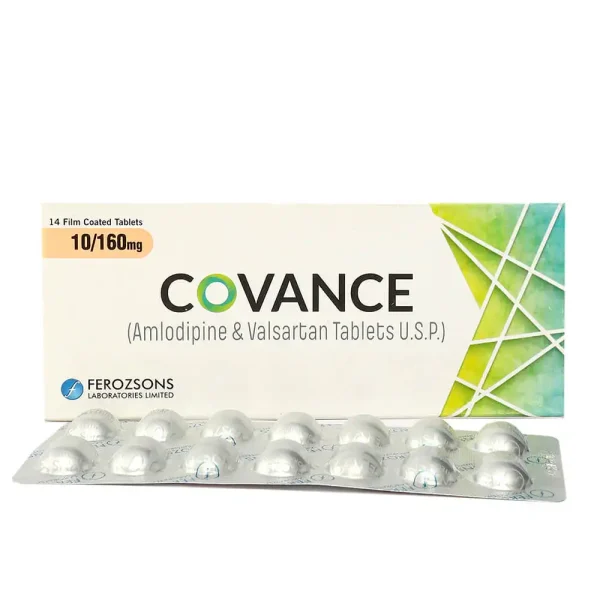
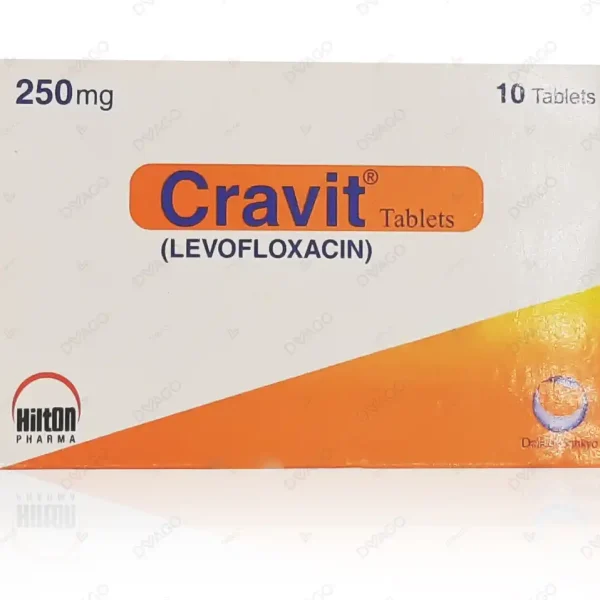
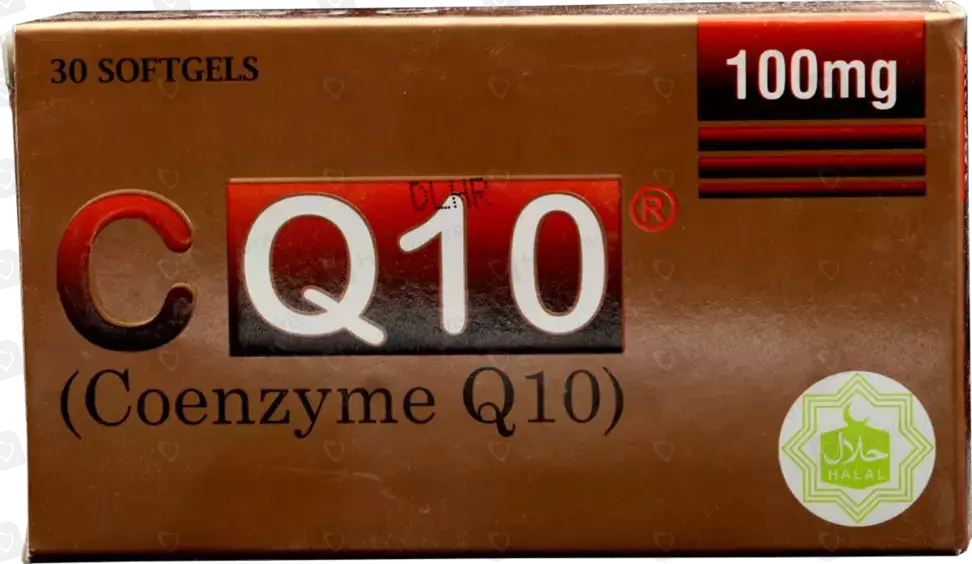

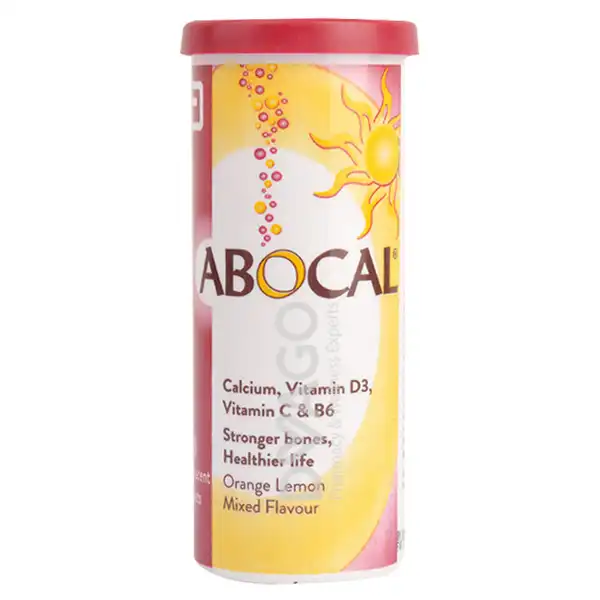

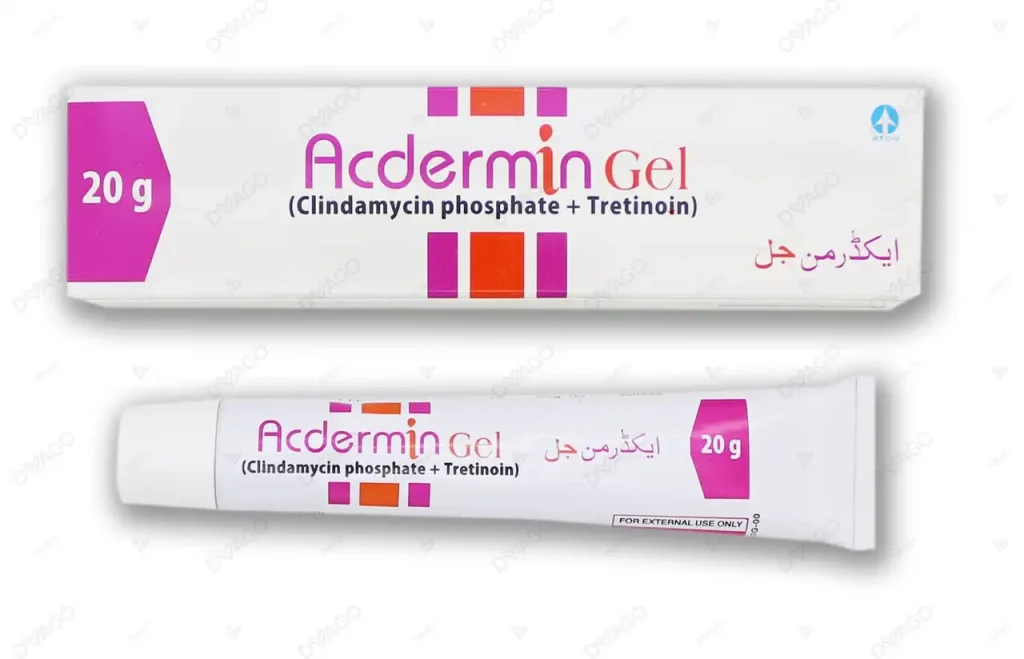

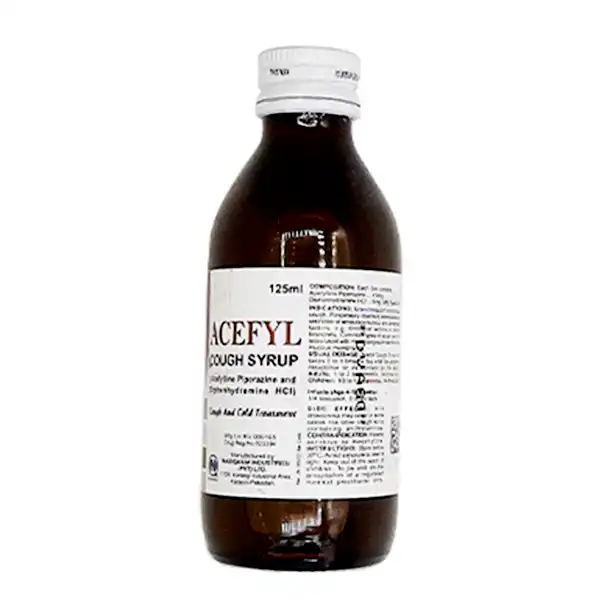
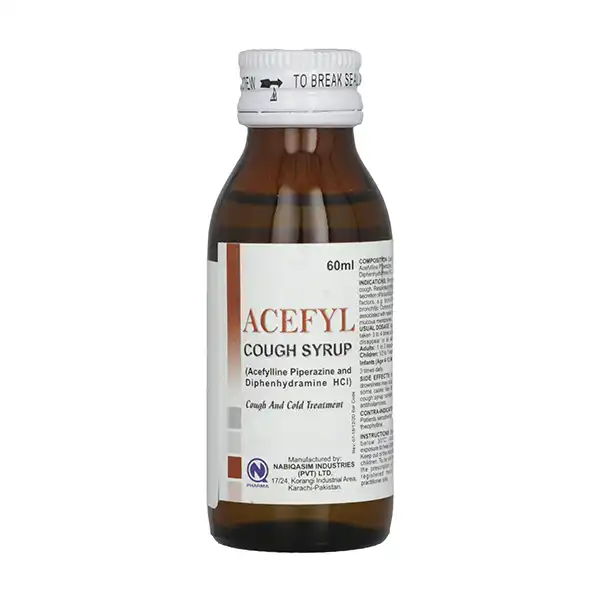
Reviews
Clear filtersThere are no reviews yet.